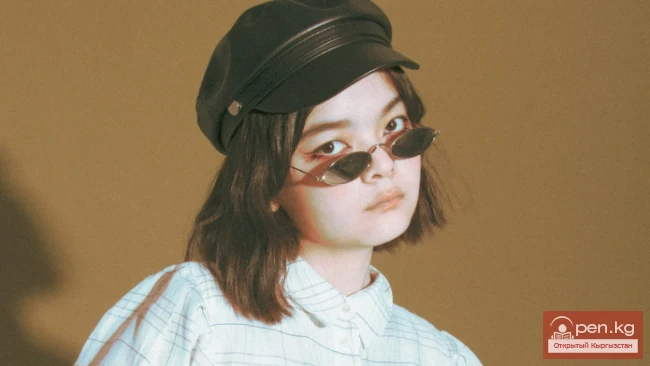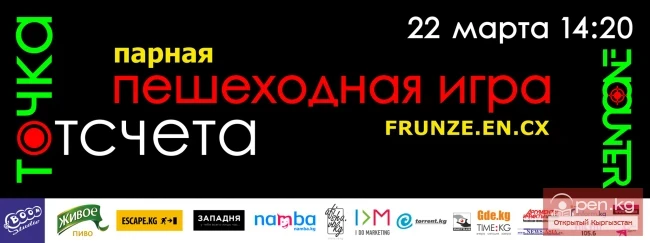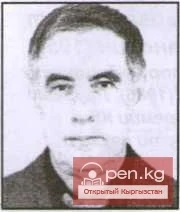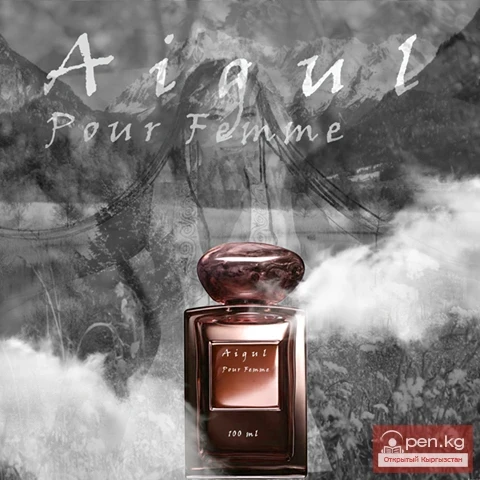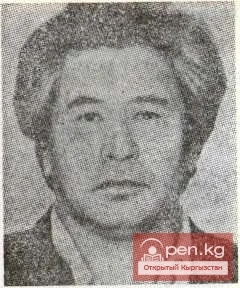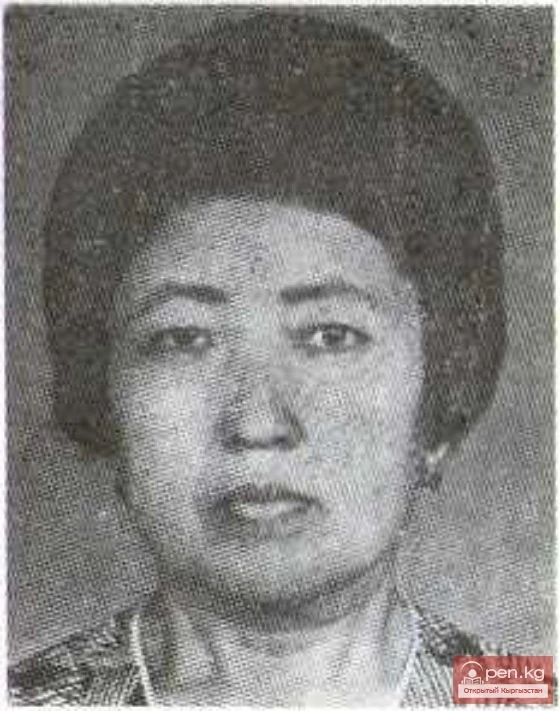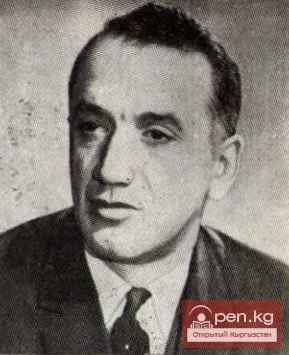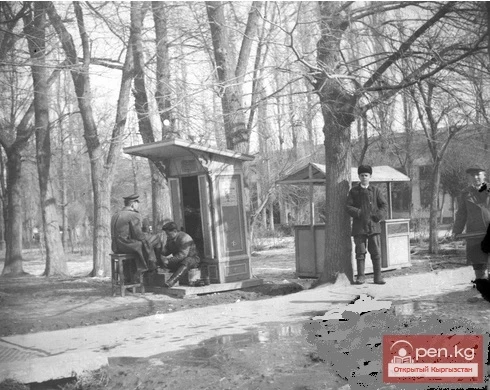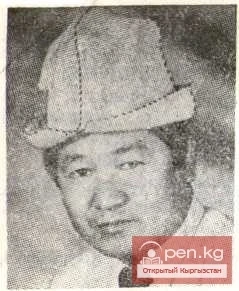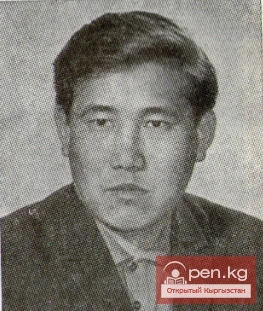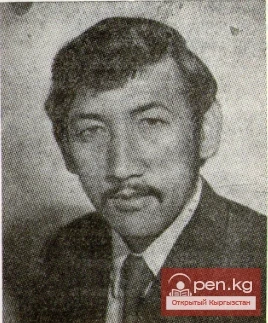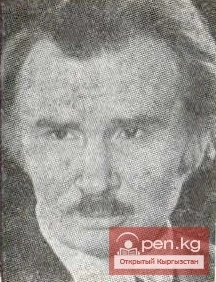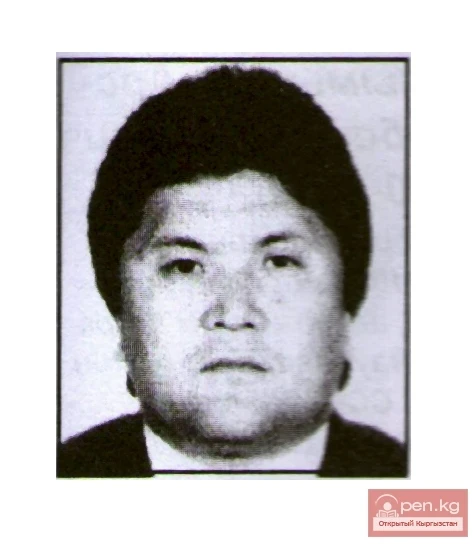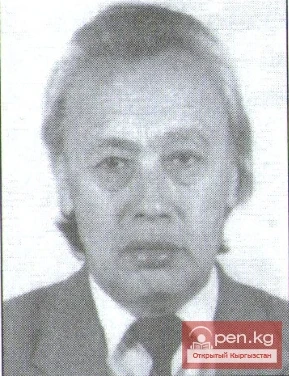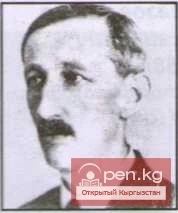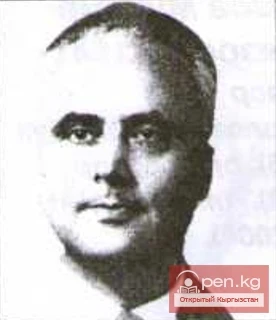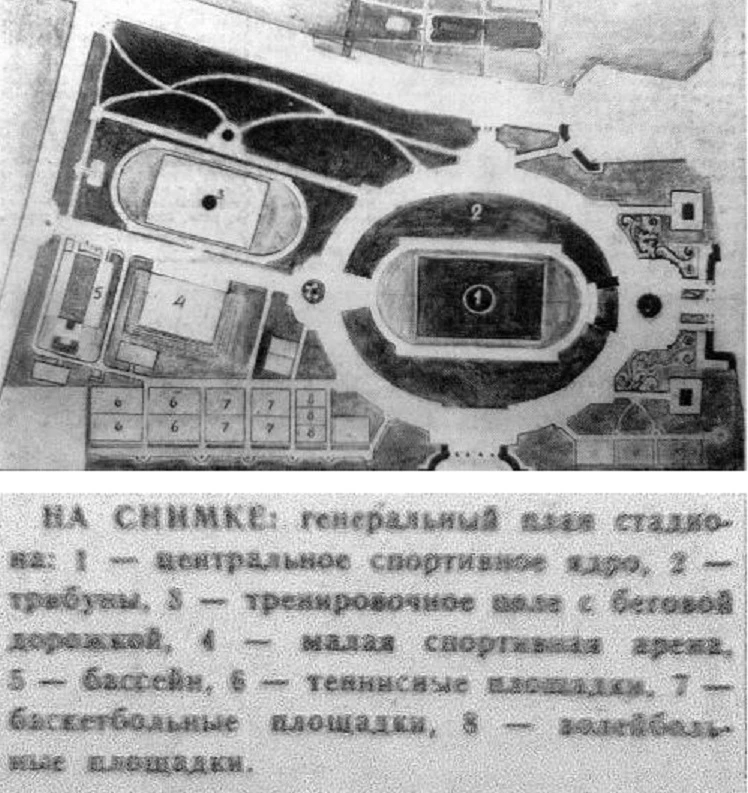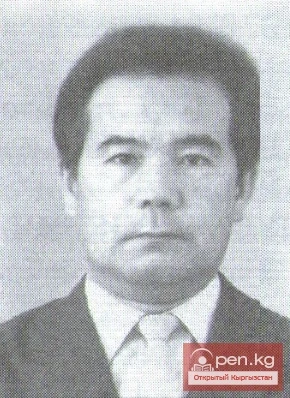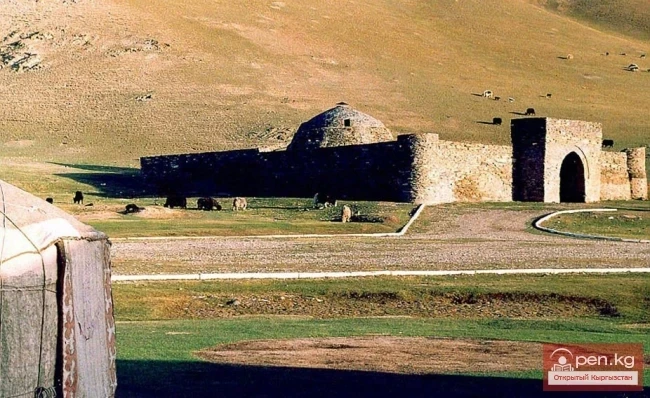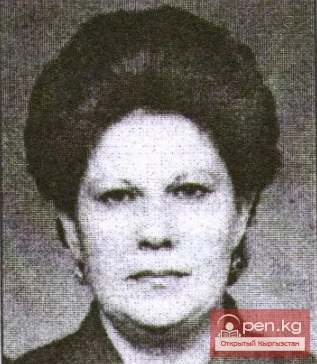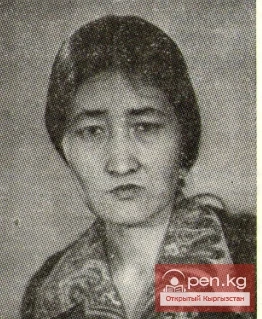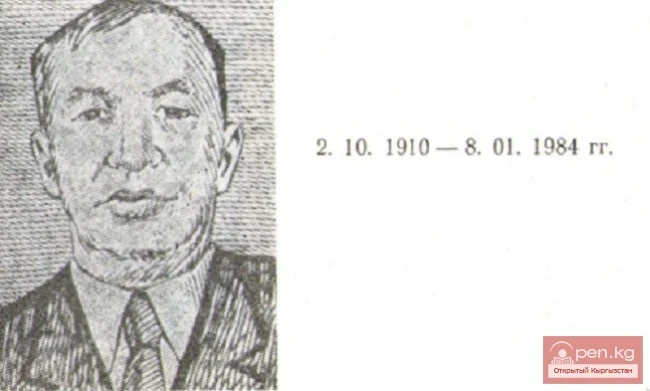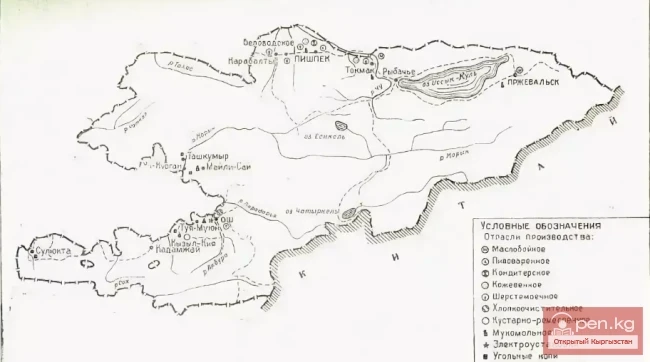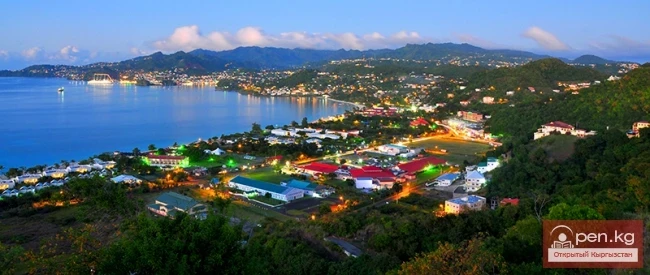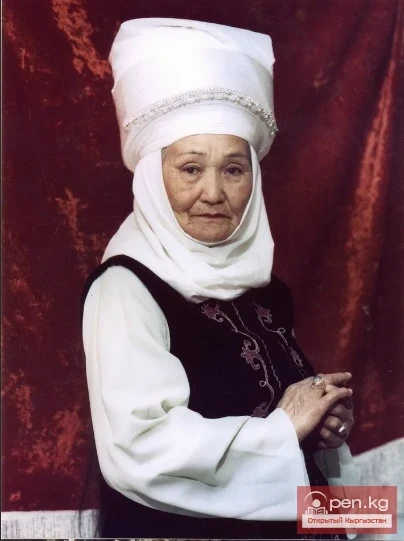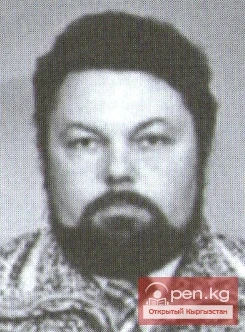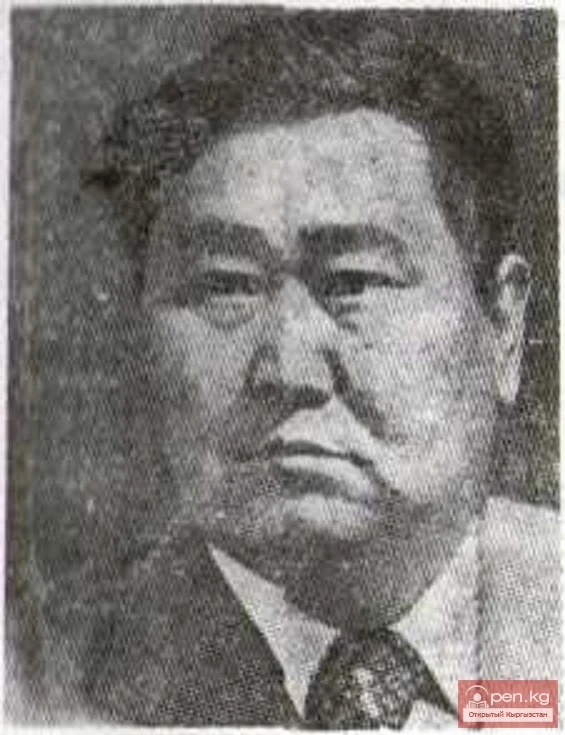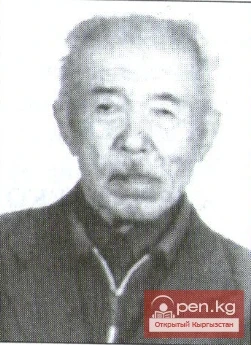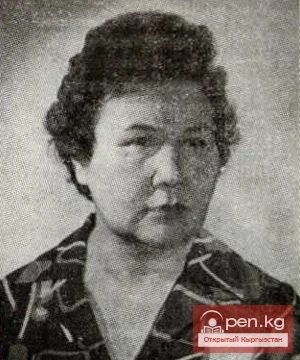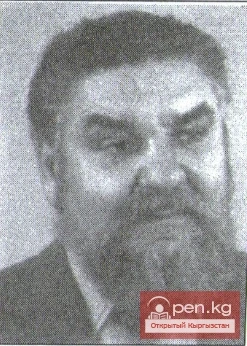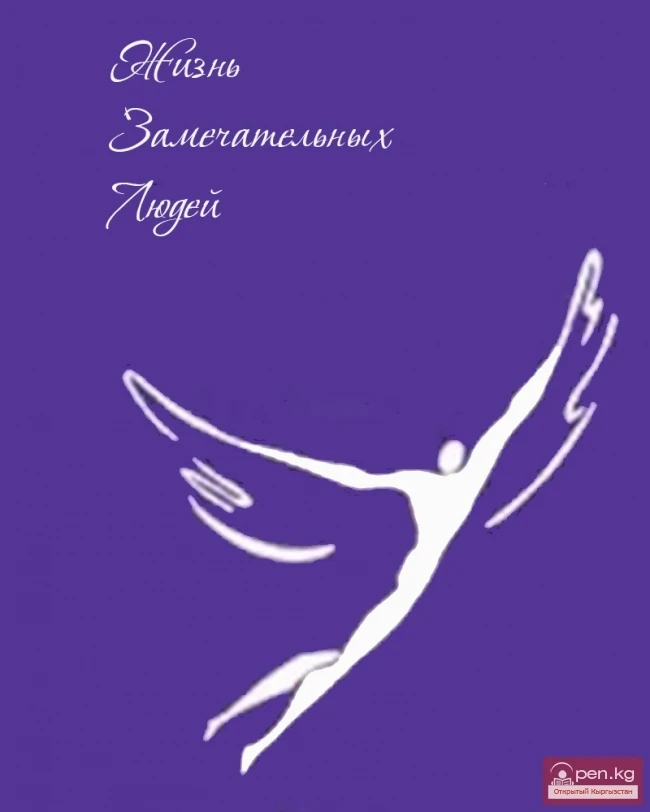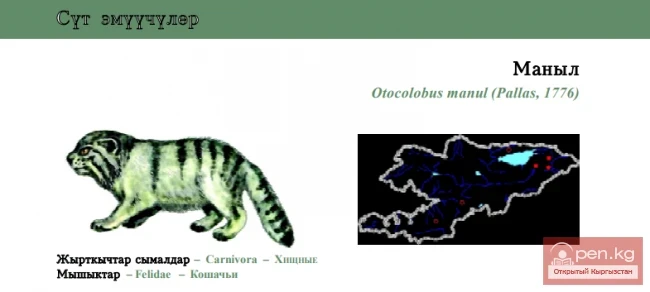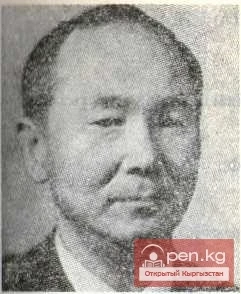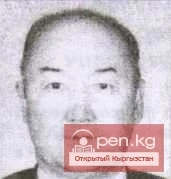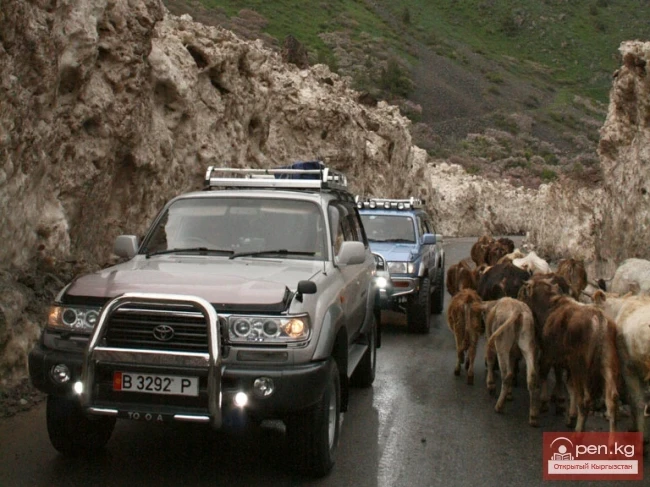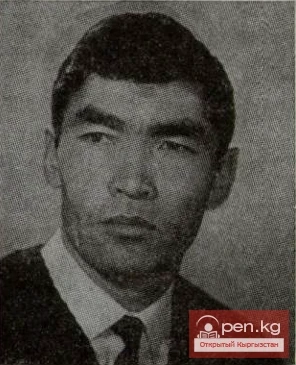
Makekadyrov Sagyndyk
Cinematographer. Born on May 26, 1937, in the village of Kara-Bulan, Kemin District, Kyrgyz SSR, in a peasant family. After graduating from high school, he worked as a laboratory assistant at boarding school No. 1 in Frunze from 1955 to 1959. In 1959, he was accepted as a student of a cinematographer at the film studio "Kyrgyzfilm." Since 1967, he has been a cinematographer for chronicle and documentary films.
From 1965 to 1977, he shot more than 20 documentary and popular science films: "Frunze, 65," "This is the Sea," "On Talas Land," "In Case of Alarm," "Prospect," "Energy Workers' Commonwealth," "Sary-Kamysh Earthquake," "L. I. Brezhnev's Stay in Kyrgyzstan," "Naryn Lights," "Renewed Land," "Light of Maili-Say," "Responsibility," "Hut in Ooru-Sai," "Forum of Communists of Kyrgyzstan," and others.
S. Makekadyrov acquired good reporting skills in film periodicals. He is credited with more than 200 plots, reports, film portraits, and sketches for the newsreels "News of the Day," "Fitil," and "Soviet Kyrgyzstan." Of the 22 special issues of "Soviet Kyrgyzstan," No. 7 (1967) and No. 8 (1969) were awarded prizes and diplomas at All-Union Film Festivals. His keen observation and ability to depict the facts of life in expressive compositions were demonstrated by the operator during the filming of "Duyshena Bridges" (1971, directed by G. Degaltsyev), which received the "Golden Dragon" — the main prize of the International Film Festival in Krakow in 1971.
Other films: "Difficult Winter" (1968), "Spring Ala-Too" (1968), "Steep-Sloped Tractor" (1969), "Decade" (1969), "Joyful Meetings" (1969), "Otto Barch" (1974), "High Award" (1974), "Mentor" (1974), "Seven Brothers of Cotton Pickers" (1975), "Breeding Sheep Farming in Kyrgyzstan" (1975). Awards — badge "Excellence in Cinematography of the USSR" (1969).
Member of the USSR Union of Cinematographers since 1972.


